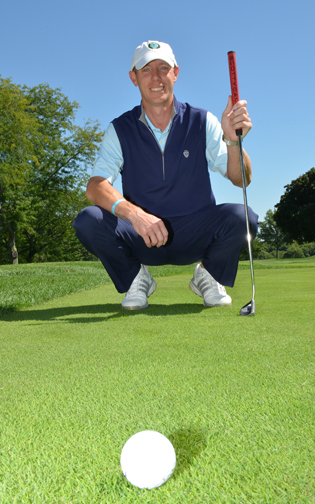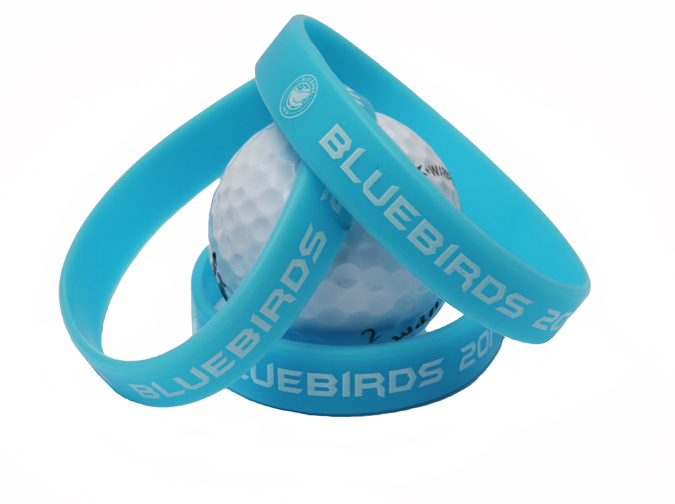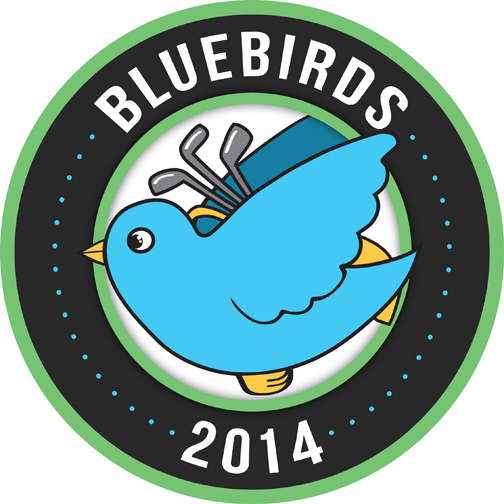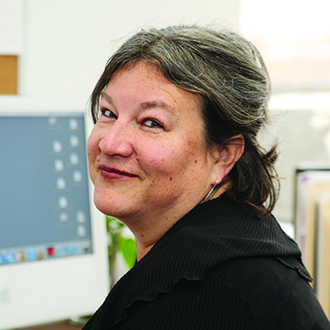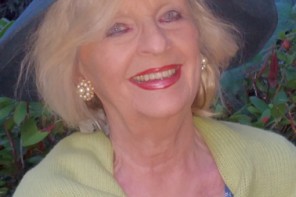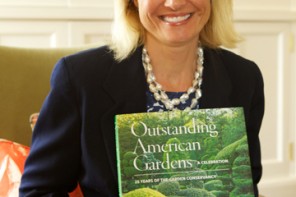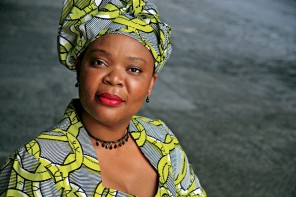For many, a day off is a chance to hang out with family and friends, catch up on errands or maybe just kick back and not do much of anything.
For Shaun Maher, an assistant golf pro at Metropolis Country Club in White Plains, his day off finds him heading to NewYork-Presbyterian Hospital to teach a bit of golf to young cancer patients.
Maher, you see, wouldn’t want to be anywhere else.
“It’s the best thing I’ve done as a golf professional,” he says of the Monday afternoons he spends offering golf-themed activities to children undergoing treatment.
It’s all the work of Bluebirds 2014 Inc., a nonprofit that Maher founded and officially launched in December.
Bluebirds 2014, as its mission states, was “formed for the charitable purpose of creating a positive diversion for children and young adults with cancer, their families and friends, while providing hope and happiness through the game of golf.”
As Maher explains, “A bluebird symbolizes hope and happiness.”
EARLY DAYS
From the start, Maher’s enthusiasm attracted attention.
The company that designed his logo, LT Creative in Wallingford, was impressed by his vision and, he says, donated its services.
It seems Maher makes a strong impression wherever he goes, even at his gym. Kent MacWilliams, a co-owner and coach at CrossFit Valkyrie in Irvington, says the management at CrossFit connected with Bluebirds right away.
“At its core, Bluebirds’ mission is to provide a positive vibe… for young folks though sport. By itself, that is a worthy cause to support, particular for a business like ours. But the real reason we love to show our support is the raw passion Shaun has for the program. He’s a modest guy, but once you get him talking about Bluebirds it’s clear that this is something special for him.”
And clear it is.
Maher, who grew up in Cromwell in Connecticut’s Middlesex County and has worked in Florida and along the East Coast, has been involved in golf since his teenage years.
“I started working at a golf club when I was 15, when I was a junior in high school,” he says. He was thinking of landscape architecture as a career but was encouraged to be a golf pro.
“Now, 20 years later, I’m still in the golf business,” he says.
He says he comes at golf more from the business end, having attended the PGA Certified Golf Management Program at Methodist University in North Carolina, where he received a bachelor’s degree in business management.
He would go on to be an assistant coach for the nationally ranked University of North Florida golf team for two years and was elected to the PGA membership in 2009. Maher’s a past president of the Connecticut PGA Assistants’ Association, was the 2011 Connecticut PGA Assistant Golf Professional of the Year — and most recently was nominated for the 2013 Golf Teacher of the Year for the Connecticut PGA Section.
“I have a passion for golf, obviously,” he says. “I always had a passion for giving back.”
He says cancer has had an effect on his family and working with children, especially those dealing with illness, just struck a chord.
“Kids, they don’t have a say in what happens to them.”
THE PROGRAM
Bluebirds has continued to evolve.
After intense medical screening — “They make sure you’re pretty healthy because of the kids’ immune systems” — Maher began his work with the Manhattan hospital.
“I actually teach the children while they’re seeking treatment.”
He uses scaled-down clubs with plastic heads and special balls.
But it’s not about competition or completion.
“What I envisioned my program being — and what it actually is — is two different things,” Maher says. “I had a very structured plan.”
But he soon learned to adapt. If the kids want to throw a ball instead, Maher says, “I let them do it.”
It’s still exercise and engaging them as they work on coordination skills and get a little respite — but it’s no free-for-all.
“Safety is very important to me,” he stresses. He also sees the program offering a chance to bond and gain a sense of empowerment for children during a time when they are in a situation where they have so little control.
“Some of the kids I just taught would show the other kids” how to putt. “They’re like ‘Shaun, I got this.’”
At the end of the day, he says, “It’s more about laughing, about having fun.”
FROM THE START
Maher is quick to point out all the help he has received along the way.
“Dr. Julia Bender was instrumental in getting my program in the door at NY-P,” he says of the associate professor of pediatrics at Columbia University Medical Center and medical director of the Pediatric Cancer Foundation Developmental Therapeutics Program. “I was teaching her daughter Abby golf when the connection was made of myself trying to get my Bluebirds program into NY-P. Dr. Bender helped immensely to speed along the process and introduced my program to Sonia Lugo, Child Life Services director.”
And from there, it seems, Maher’s path was clear.
Lugo, of the Child and Adolescent Oncology and Hematology Center at NewYork-Presbyterian, was immediately impressed.
“When I first received the information about Shaun from one of our attending physicians, I immediately loved the idea — because it was something novel to offer children who are in clinic often for more than four hours a day receiving treatment,” she says. “We have arts and craft activities and entertainers who are regularly scheduled but not a sports activity. The kids love it.”
It makes a very real difference, she adds.
“The program gets kids out of their infusion chairs (the chairs where they receive treatment, including chemotherapy) and out and about in the clinic.”
She’s seen the effect firsthand.
“It has been especially helpful for a particular patient who was in our pediatric intensive care unit for many months,” she says. “Because of that long hospitalization, he lost a lot of muscle mass. Physical therapy worked with him daily to rebuild the muscles, especially leg strength he lost but this child is not very motivated to exercise because he’s so weak. Shaun met with the child and with the approval of the medical team, has this patient walking around (although slowly), but he is still walking around playing a round of golf with Shaun, which has been a gift.”
FUTURE PLANS
Maher realizes, he says, that what he’s doing is “not just golf.”
It’s about family bonding, offering hope and more.
In his first four months, Maher estimates he’s worked with nearly 60 people including patients, most of them ages 5 to 8, and their families.
Though Maher has not lost any patients, he quickly realized it’s a possibility. At the start, staffers asked about letting him know if a child doesn’t make it.
“It kind of took me off guard,” he says. “They kind of asked me, ‘Shaun, how would you like to find out?’”
It’s not something he dwells on.
“I don’t feel (it) when I’m there. I’m more focused. I do think about it sometimes on my way home. I’m on the Henry Hudson going home and sometimes it hits me, what they’re going through.”
And that’s what keeps him going, having recently expanded the program to Gilda’s Club in Manhattan and its Noogieland center for children touched by cancer.
With plans to go to New York University to learn more about nonprofits as he moves Bluebirds 2014 ever forward, Maher is committed to the program for the long haul.
“I volunteer my time to do it. Any money that I raise or fund-raise goes right back to the kids.”
For Maher, the rewards are not monetary.
It’s a smile, or a gesture like the painting made for him by a young patient that he quickly framed.
That, Maher says, “meant a lot to me.”
For more, visit bluebirds2014.com.

